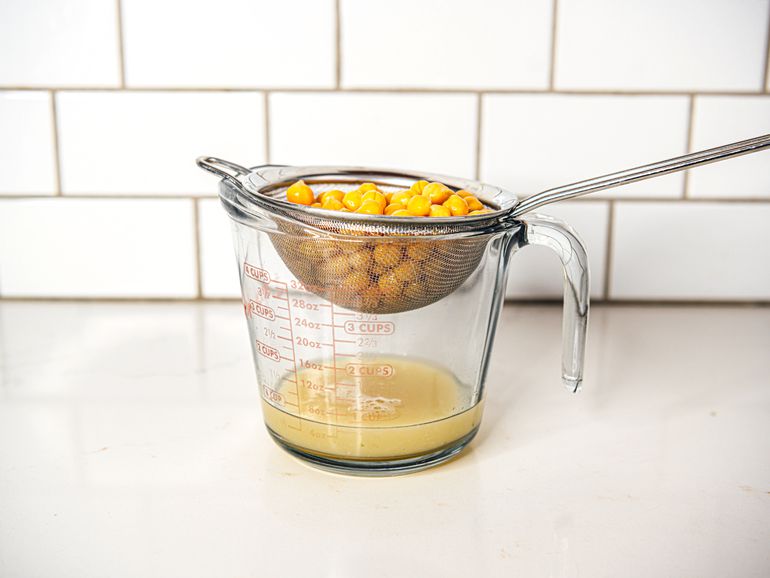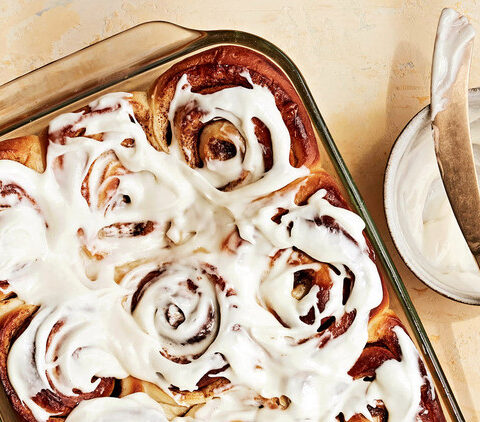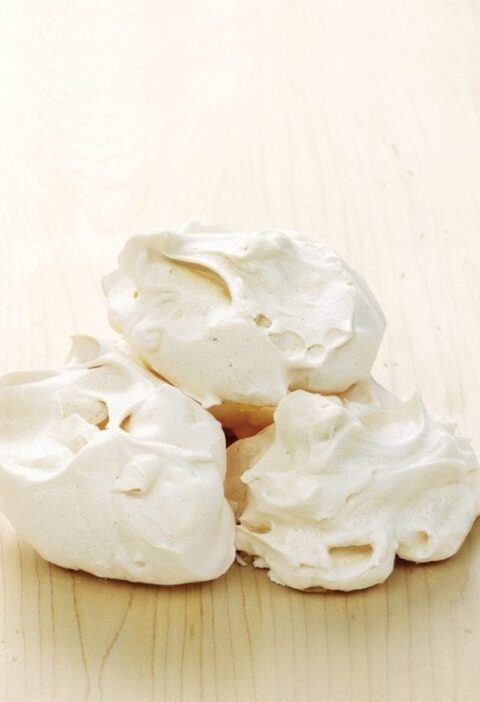When looking at meringue cookies there can be a few ways in which the recipe can be adjusted. For example, we can work on making vegan meringue cookies with a slight adjustment to the recipe. Given that egg whites are the key ingredient in meringue cookies, a vegan substitution must be found for them. Specifically, we’re looking for something that works the same way as eggs when it comes to whipping them. We’re looking for a substitute that when whited at high speeds with the sugar inclusion will change its protein shape (denature), trapping the air and creating a stable foam.
Fortunately, Aquafaba works great and very similarly to egg whites! Aquafaba is a liquid commonly inside chickpea cans and other types of beans and can work as a vegan substitute. The reason why Aquafaba works is because it contains the proteins albumin and globulin, water-soluble proteins which are found in egg whites. It also contains saponins which is a molecule that works very similarly to soap and when whipped produces a foam which is an air-in-water emulsion. When whipped with sugar the mixture becomes extremely similar to that of merengue.
According to Nik Sharma on Serious Eats, the best way to create vegan meringue cookies is by using Aquafaba from chickpea cans which have been cooked with kombu. This is because it has carrageenan which is a carbohydrate which creates a gel and works as a great emulsifier in items such as evaporated milk. Adding cream of tartar as an acid to this mixture would lower the pH of the meringue which would aid increating a more stable foam as it assists in the modification of the protein structure. It also reduce maillard browning and caramelization. Click here for the recipes of both the non-vegan and vegan merengue cookies. (9)




